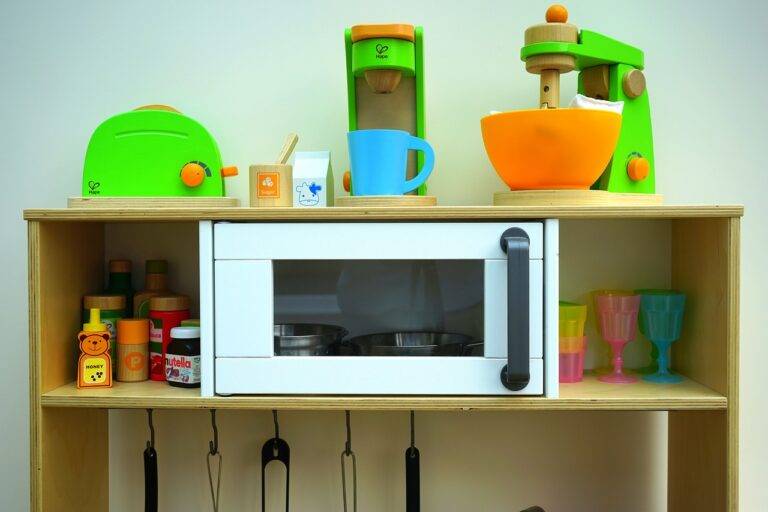Sustainable Flooring: Choosing Eco-Friendly Options for Your Home
Eco-friendly flooring options offer a variety of benefits for both homeowners and the environment. One of the key advantages is that these types of flooring materials are made from sustainable resources, reducing the depletion of natural resources and minimizing the ecological footprint of the home. Additionally, eco-friendly flooring options are known for their durability and longevity, meaning they can last for many years with proper maintenance, reducing the need for frequent replacements and ultimately saving money in the long run.
Moreover, many eco-friendly flooring options are non-toxic and low in volatile organic compounds (VOCs), which can improve indoor air quality and contribute to a healthier living environment. This is particularly beneficial for individuals with allergies or respiratory sensitivities, as it helps create a safer and more comfortable space to live in. Additionally, choosing eco-friendly flooring options can also increase the overall value of a property, as environmentally conscious features are becoming increasingly desirable in the real estate market.
Different Types of Sustainable Flooring Materials
When it comes to choosing sustainable flooring materials for your home, there are a variety of eco-friendly options available on the market. One popular choice is bamboo flooring, which is known for its durability and renewability. Bamboo is a fast-growing grass that can be harvested every five to six years without causing environmental harm.
Cork flooring is another sustainable option that is made from the renewable bark of cork oak trees. Not only is cork naturally resistant to moisture, mold, and mildew, but it is also a comfortable and insulating flooring choice. With its unique and natural look, cork flooring can add warmth and character to any room in your home.
Factors to Consider When Choosing Eco-Friendly Flooring
When choosing eco-friendly flooring for your home or office space, it is essential to consider the material’s sustainability and impact on the environment. Look for flooring options that are made from renewable resources or recycled materials to reduce the carbon footprint of your space. Additionally, consider the manufacturing process of the flooring material to ensure that it meets environmentally friendly standards and practices.
Durability is another crucial factor to consider when selecting eco-friendly flooring. Opt for materials that are long-lasting and can withstand heavy foot traffic to minimize the need for frequent replacements, which can contribute to waste and environmental harm. Choosing durable flooring also aligns with sustainable practices by reducing the overall consumption of resources in the long run.





